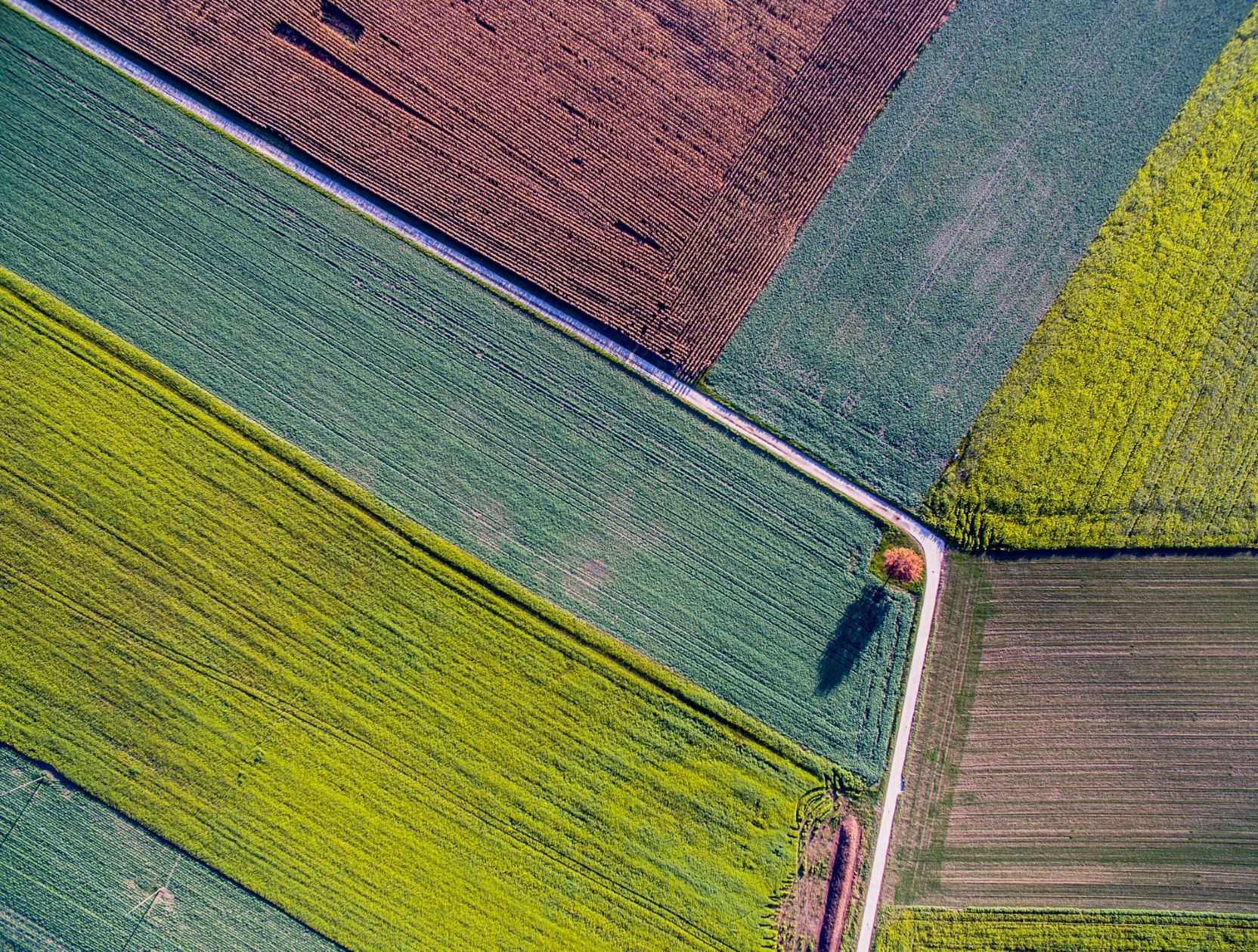The Italian bioeconomy restarts from the South. The new Terra Next accelerator for start-ups has been launched in Napoli and will become an innovation hub for the entire sector. Promoted by Intesa Sanpaolo Innovation Centre and operationally managed by Cariplo Factory, it is the first accelerator in Italy and Europe entirely focused on bioeconomy projects. Over three years, it will select and build up around 30 innovative start-ups and small businesses, to nurture and strengthen what is currently one of the most promising sectors, not only for the economy of Southern Italy but for the whole country. To access the call for applications for the first year, there is time until the 30th of March.
A significant group of partners for thirty bioeconomy start-ups
Terra Next is the result of an initiative by CDP Venture Capital and is part of the Rete Nazionale Acceleratori CDP (CDP National Accelerator Network), a network present throughout Italy to help the growth of start-ups specialising in sectors considered of having the greatest potential. The bioeconomy sector is one of these.
The project involves a remarkable group of institutional and scientific partners, some with strong roots in the Campania region, such as the Federico II University of Napoli and the San Giovanni a Teduccio campus, chosen as the accelerator's headquarters, the Fondazione con il Sud, the Campania Digital Innovation Hub, S.R.M.- Studi e Ricerche per il Mezzogiorno and the Garofalo pasta factory, as well as corporate partners such as the Getra Group, the Nestlé Group, Novamont, Aristea, and Selepack, which will offer their expertise in accompanying programmes for the start-ups. Leading the large group are, as mentioned, Intesa Sanpaolo Innovation Center, as creator and promoter, and Cariplo Factory as the operational manager.
"Cariplo Factory's first task is to promote the call for proposals, open until the 30th of March, to select the ten innovative start-ups to be included in the programme for the first year of Terra Next," Chief Operating Officer Riccardo Porro told Materia Rinnovabile. With an initial endowment of € 3.8 million from the CDP Venture Capital Accelerators Fund, plus € 1.3 million from the Intesa Sanpaolo Innovation Centre and partners, Terra Next is planned over a three-year period, during which up to 30 start-ups or small businesses may be selected.
"The selected start-ups, - continues Porro, - will take part in a 12-week acceleration programme during which they will essentially have the opportunity to assess their business model and validate, also technically, the product or service they intend to market, all through workshops, mentorship and face-to-face meetings with the programme partners.
Creating symbiosis and building new supply chains
As well as providing training, Terra Next's objective is practical: the meetings will also help to create networks and give participants the chance to find investors. “Our role, - explains Porro, - will therefore be to follow the start-ups after the acceleration process, to help them grow by fostering collaboration with other SMEs and integrating them with the productive fabric of the areas in which they operate. This is a process that, to tell the truth, does not only benefit new companies, but also existing ones, which often have a somewhat old fashion attitude and cannot be particularly distinguished by their ability to innovate. Through these collaborations, start-ups can gain leverage to enter the market, while established companies can strengthen their competitiveness”.
In Cariplo Factory's view, creating symbioses, activating new supply chains, and building bridges between supply chains that today are not connected will be some of the positive side effects generated by the contamination of the sector with the innovative drive of these young start-ups. And, since we are talking about bioeconomy, adds Porro, -“the symbioses generated will revolve around the key concept of integrated biorefinery, which allows the closing of loops between the various sectors, from agriculture to green chemistry, passing through biomaterials, bio-cosmetics, and nutraceutics”. "The focus of the accelerator is, however, very broad, to intercept the many areas of application and the various opportunities of the bioeconomy - he continues -There are sectors that are a bit of a niche, such as novel foods or alternative proteins (vegetable meat), and others that are very large, such as bio-based solutions with industrial applications. Regenerative agriculture for soil protection and all the sectors that enhance territorial biodiversity are also within our field of interest.”
From Napoli to the world: a boost for the entire Italian bioeconomy
Terra Next starts in Napoli but has national and international ambitions. "We made the precise decision to locate the accelerator in Napoli, on the San Giovanni a Teduccio campus, because it is the centre of an extremely dynamic ecosystem in an area that has great potential for the bioeconomy supply chains. - explains Riccardo Porro - And this is true not only for the Campania region but for the whole of southern Italy in general. If, in fact, the bioeconomy can already be considered a Made in Italy excellence, with a production value of 317 billion euros in 2020, this is even more true for the southern regions, where the sector represents almost a quarter of the relative national figure and 6.7% of the area's total economy. In addition, the percentage of employment guaranteed by the bioeconomy supply chains in Southern Italy is 10.7% compared to 7.9% nationally.
"While it is true that the accelerator has a strong position in the Campania region, - Porro explains, - we want to think nationally: the aim is to attract interesting start-ups from all over Italy and create relationships with other areas. Of course, we are also open to projects from abroad, but in this case, it must be said, the big scare is the Italian tax system, which keeps many of the most interesting European companies away”.
Image: Jean Wimmerlin (Unsplash)



